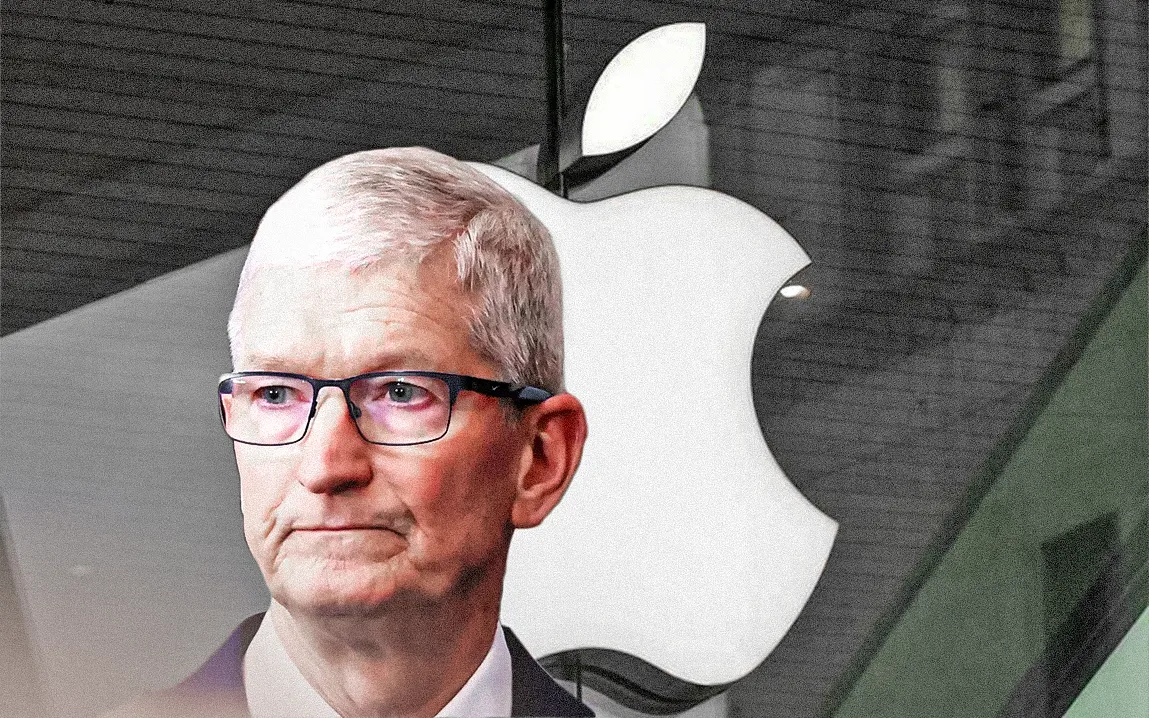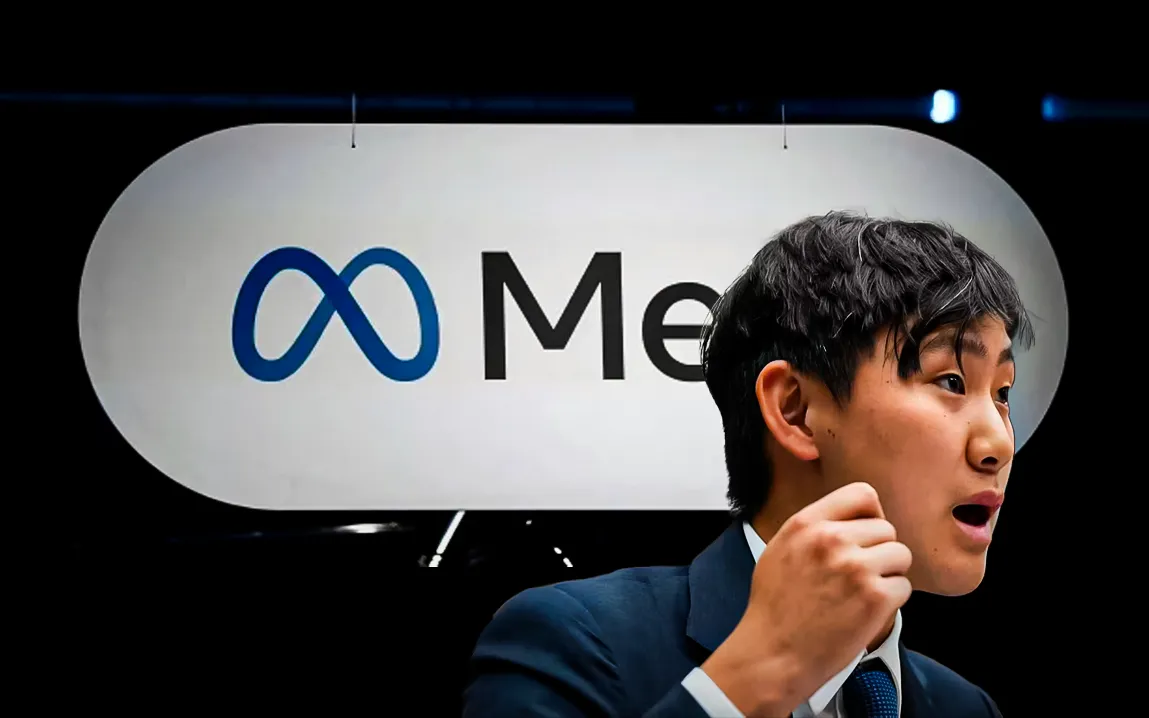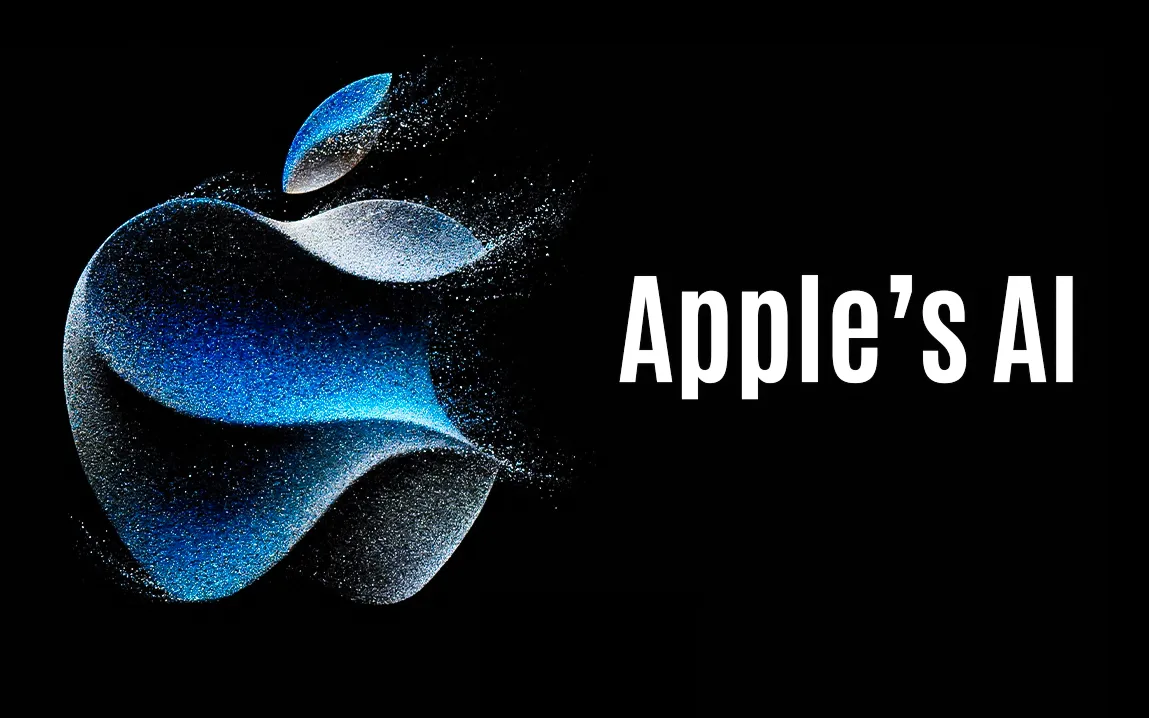Apple Accused of Lying in Court
Apple, the world’s biggest tech company, is now under serious legal pressure after a federal judge accused it of misleading the court during its legal fight with Epic Games, the creators of Fortnite. The judge has referred the case to federal prosecutors, opening the door for potential criminal charges.
Judge Yvonne Rogers has asked the U.S. Attorney’s Office in San Francisco to look into whether Apple should face criminal contempt charges.
The Backstory: Epic vs. Apple
The dispute began in 2021 when Epic challenged Apple’s tight control over the App Store, especially the 30% fee Apple takes from in-app purchases. Though Apple mostly won the case, the judge ordered it to let app developers tell users about other, cheaper ways to pay outside Apple’s system.
Apple’s Alleged Cover-Up
That’s where things got messy. The judge now says Apple may have broken that order and even lied under oath. At the center of the issue is an Apple executive who claimed under testimony that a new 27% commission policy for outside payments was a fresh idea. However, documents later showed that Apple had been planning it for months.
Even worse, Apple didn’t fix the testimony or tell the court the truth when it had the chance.
Tricks and “Scare Screens”
According to the judge, Apple didn’t just quietly dodge the order; it actively tried to make it hard for app developers to point users to alternative payment options. Apple added warning messages and created barriers that scared users away from using those other payment links, which developers say hurt their business.
Epic Fires Back
Epic Games, not one to back down from a fight, has called Apple out for what it sees as unfair behavior. Its CEO, Tim Sweeney, praised the judge’s move, saying it’s a step toward breaking Apple’s grip on app sales and giving developers more freedom.
What’s Next for Apple?
Apple says it’s appealing the decision but claims it will still follow the court’s instructions. For now, the U.S. Attorney’s Office will decide whether to launch a criminal case.
This is a rare situation where a big tech company could face criminal charges over how it handled a civil court case, and it’s a reminder that even giants can be held accountable.



